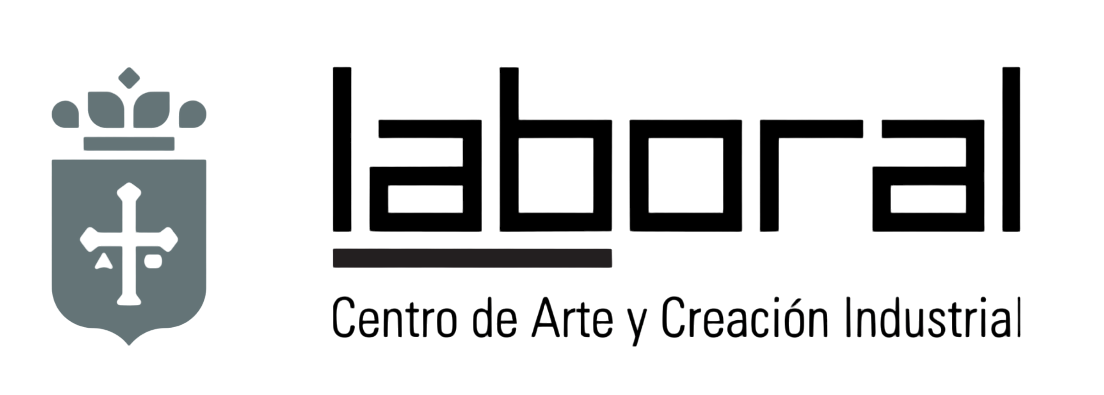AuLABIt is proposed as a laboratory for reflection on teaching practice whose fundamental objectives are to improve teaching and learning processes, and develop professional skills.
The fundamental objective is to develop a free and flexible learning space that encourages the personal development of students through basic skills and adapts to the needs of teachers.
It is intended at the same time to encourage critical reflection on the role of new technologies in the educational context, their use as a teaching tool, while changing the perception of students and teachers about their own relationship with them: going from being a passive user. to know them.
AuLAB at LABoral consists of three nodes or lines of work that have in common that work from the idea of “learning to learn” to encourage curiosity, creativity and critical thinking. A work methodology is proposed to design and develop an annual project with teachers and students that will also be part of the classroom programming of two or more subjects.
Teacher training
Over three days of work, teachers learn the basic aspects of the tools and work methodology, to be able to establish the fundamental objectives of the project and the framework (subject, area of interest…) that they later choose and develop with care. the student body.
Throughout the course, teachers are asked to work on the chosen project globally in the classroom and in the AuLAB sessions. The documentation and memory of the development of the project and the experience of the teachers and students is essential; participants are asked to record the evolution of the work to publish it on an open online platform, along with the work diary and the results.
http://aulabexperimental.laboralcentrodearte.org/doku.php
Methodology
It is based on the “learning by doing” methodology, which aims to provide students with research tools and accompany them in the construction of their own learning through the exchange of experiences and communication between individuals. This means accompaniment in learning, but leaving space for experience and active reflection.
This entails a very active role for the teacher who must accompany decision-making, the selection of project ideas and research at all times; at the same time it reflects the contents and curricular competencies worked on in its classroom program and documents the evolution and results for a subsequent evaluation of the experience.
- Digital design and manufacturing, line developed by Susanna Tesconi
The training is structured as a participatory research process aimed at prototyping and evaluating educational activities that use digital fabrication as a pedagogical resource.
After an introduction about Fab labs and their potential in dynamics of empowerment of tools and resources by people and communities; you experiment directly with basic digital fabrication practices, adapting computer designs and producing artifacts.
Once the practical possibilities of creating products have been seen, we proceed to design one or more activity prototypes with the students, looking for connections, individualizing the intervention and placing the contents in the framework of the curriculum.
Dates:from September 2 to 4, 2015
- Creative programming, line developed by Luis Díaz
The training is structured as a participatory research process aimed at teaching teachers the basic foundations of Scratch and Arduino.
In the case of Scratch, in-person training is accompanied by documentation of this programming language as a pedagogical tool and reference educational projects are analyzed. After a brief introduction to Arduino, an example project with sensors and actuators is created. This experience allows us to analyze the different possibilities of electronics and computer programming as educational tools.
Dates:from September 2 to 4, 2015
- TVLAB. Experimental television laboratory, line developed by Pia Capisano and Laura Malinverni
The training is structured as a participatory research process aimed at teaching staff to learn about TVLAB resources and live their own self-learning experience, approaching communication technology in a more conscious way and acquiring autonomy in its use.
The fundamentals of TVLAB’s work are explained (use of the project’s online platform, work on communication technology in the classroom…) and the importance of documenting the processes to generate repositories of activities and evaluate this type of experiences.
Dates:September 3, 4 and 7, 2015
Activity subsidized by the Ministry of Education, Culture and Sports of the Government of the Principality of Asturias through the Ministry of Education, Culture and Sports
 |  |
|---|

